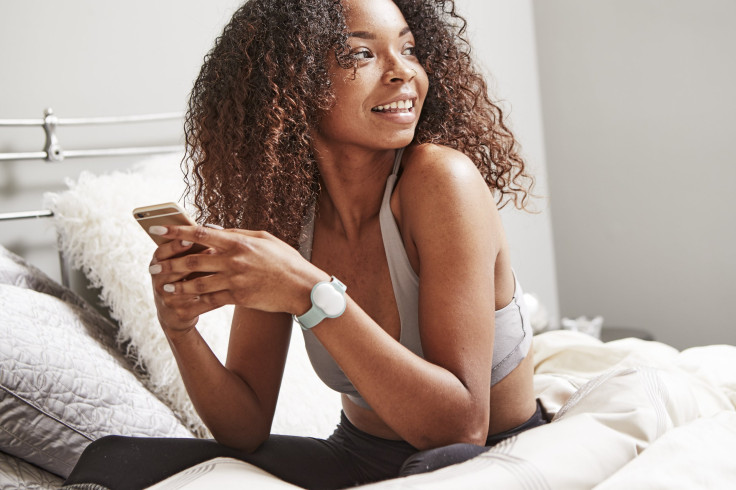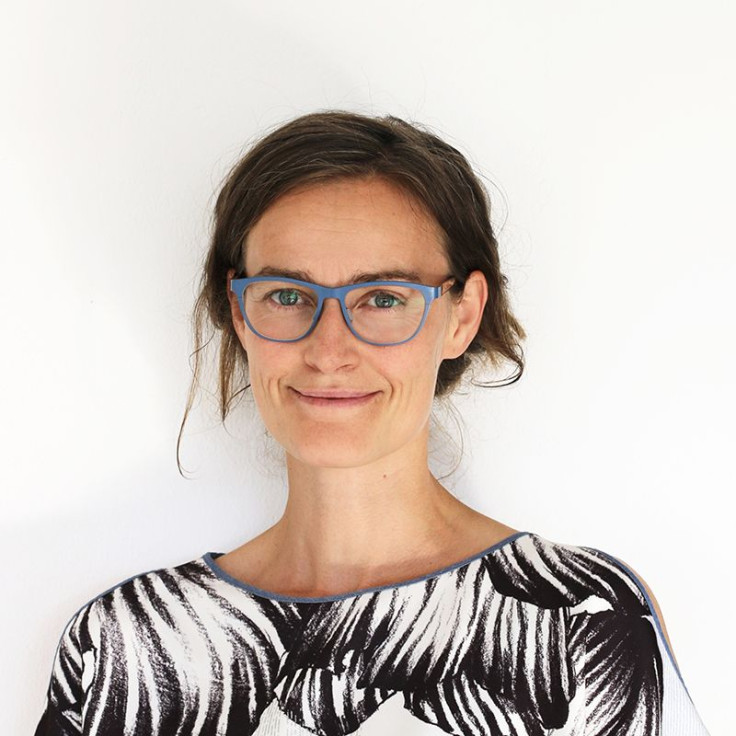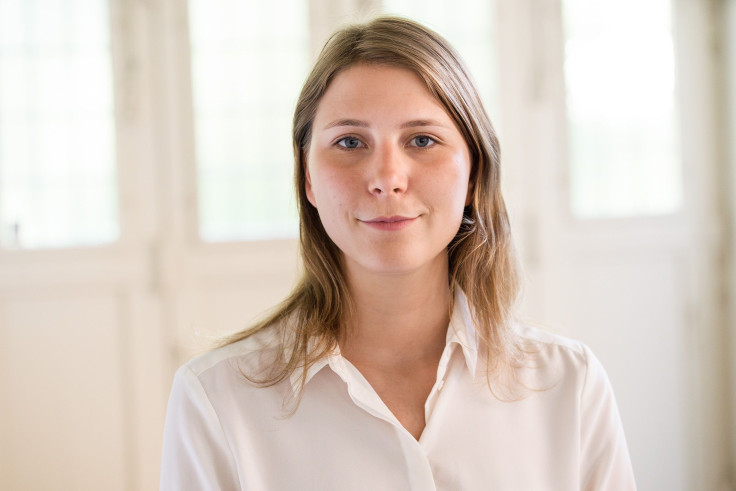Period Tracking: How Menstruation And Fertility Apps Change Everything

Mobile apps and high-tech wearables that track women’s hormones will change the world because society traditionally views women’s cycles as a liability, a necessary ill. The real truth is these cycles represent an opportunity. Technology now allows us to hack menstruation and tap into women’s full potential. Listening to women’s bodies is quickly becoming a lucrative business model.
The startup behind a fertility tracking wearable called Ava has already raised around $12.3 million, while the period app Clue raised $30 million. According to Grand View Research, the global healthcare sector is expected to invest $410 billion in internet-connected tools and services by 2022. Similarly, market researcher App Annie reportedly estimates the app economy will grow to a $101 billion industry by 2020. Period-tracking apps aren’t just for tech junkies anymore.
Read : 4 Facts About Menstruation And A Woman's Period For Menstrual Hygiene Day
I’m a terrible millennial and it wasn’t until most of my friends were already tracking their menstrual cycles with a variety of apps that I finally decided to give it a whirl. I woke up feeling crankier than usual just a few days after downloading the MyFLO app created by nutritionist Alisa Vitti, founder of FLOliving.com. My period wasn’t on the horizon, so I shrugged it off and didn’t even consider hormones as a potential culprit.
My head was foggy. I suddenly found my boyfriend infuriating. Alone time with my vibrator only resulted in a string of curses as stress relief eluded my grasp. I wasn’t vibing at boxing practice or in my writing either, everything was off. Then I flipped open the app, out of boredom, to find a precise description of my predicament.
The app accurately predicted when I would prefer to hang with friends, when I would crave cuddling and when I’d be able to get the most vigorous workout at the gym. It turns out planning for each phase of my cycle could have prevented countless “bad days,” plus helped me be a lot more productive. Why hadn’t anyone mentioned this in sex ed?
Fertility cycles are not just about periods. They involve the entire body. According to Vitti, modern schedules are roughly structured to accommodate men’s daily hormone cycles, from working hours to meal times. She told International Business Times women are only at a biological disadvantage if we don’t learn how to harness our cycles too.
“Menstruation has been locked in a closet, we don’t have a lot of resources to deal with and it we’re not supposed to think about it,” she said. “Men already use hormones to their advantage. It’s important for women to do that as well.”
Read : Why Certain Women Are More Prone To Depression Than Others
Vitti said tens of thousands of women around the world are now using MyFLO. Meanwhile, Clue CEO Ida Tin told IBT her app has 5 million active users. Tin’s Berlin startup is collaborating with researchers at the University of Oxford and Stanford University, just to name a few, to explore how a deeper understanding of women’s whole cycles can improve women’s health.

“I see this being one of the key ways that period apps will help shape the future,” Tin said. “The more women that are using these apps, and generating unprecedented amounts of data, the more we can learn about ourselves and our bodies.”
Both MyFLO and Clue have a corresponding option for women’s romantic partners, which helps couples communicate better. Why would a guy want updates on his partner’s cycles? Vitti said many users have told her the app improved their sex lives, rekindled passion and even helped save a few marriages. Being aware of these cycles helps demystify what kind of stimulation a woman needs.
This isn’t just about mood swings and good sex. Most gynecologists now widely recognizes a woman’s period is her “fifth vital sign,” important for both diagnosis and preventative care. “We often hear from people who say that Clue literally saved their life,” Tin said. “Because by tracking their cycle in the app they were able to identify something wrong and bring that information to their doctor, who diagnosed a serious medical condition or even cancer.”
Vitti agreed periods can be used to identify a wide range of ailments, diseases and conditions. It turns out, even PMS isn’t supposed to be common. Switching up diet and exercise routines can help alleviate most symptoms. “We’re conditioned to believe suffering is the destiny of being a woman, which is not scientifically sound,” Vitti said.
The horror stories of debilitating period pain women often swap in locker rooms could someday be a distant memory. The BBC reported 200 million people have downloaded period tracking apps. Some apps, like the one that corresponds with the Ava fertility wearable, have a more targeted medical focus.
“Your cycle is one of the best and most useful symptoms you have of your [overall] health,” Lea von Bidder, co-founder and president of Ava Science, Inc., told IBT. “You learn so much from your cycle.” She said many people use Ava to take control over their fertility. Today most users want to get pregnant or track biometrics throughout their pregnancy. Harris Williams & Co. marketing report estimated the American fertility market alone is already worth up to $4 billion.
A growing minority of users leverage Ava for insight into their overall fertility, not just help getting pregnant. So von Bidder said Ava will eventually incorporate birth control features too. “A lot of people assume the women’s health market is a niche market. Which it really isn’t. Women are half the population,” von Bidder said. “Our vision in the long term is to help women in all their different life stages.” Clue already has features that help users manage birth control pills. It’s just one step further to leverage data for a more comprehensive approach to fertility.
From puberty to pregnancy, breastfeeding to menopause, each stage in a woman’s life is impacted by unique hormone cycles. “All of those different life stages have their own issues,” von Bidder said. “And we don’t have the kinds of solutions one might expect from a 21st century environment...I clearly see the [tech] market growing.”
If medical research keeps pace with consumer trends, women’s health apps could change almost every aspect of women’s lives, from work to dating. But this growing tech app trend isn’t an infallible panacea.
Not all apps are created equal. Motherboard reported Glow fertility tracker can share aggregated reports on employees' personal health with users' employers, including whether they are trying to get pregnant. Even without peronsal names attached, this collective data could be problematic. According to the Washington Post, reported several period-tracking apps have vague privacy policies, which could put users’ sensitive information at risk. That’s why it is so important for women to be at the helm of this burgeoning industry and the medical research that drives it.

Taking those privacy risks into account, ignorance is still a huge handicap for many women who may be distracted by hormonal symptoms like migraines, without knowing they are easily avoidable. “If you are unsure about your health, everything will be deprioritized,” von Bidder said. “Most of our users say they are less stressed while using it.”
Correction: This story was updated to clarify the Glow app doesn't share individual users' data with their employeers, only collective data. Glow is HIPAA compliant.
© Copyright IBTimes 2024. All rights reserved.




















